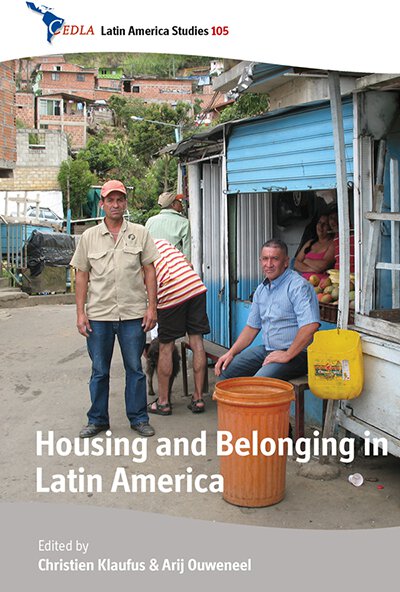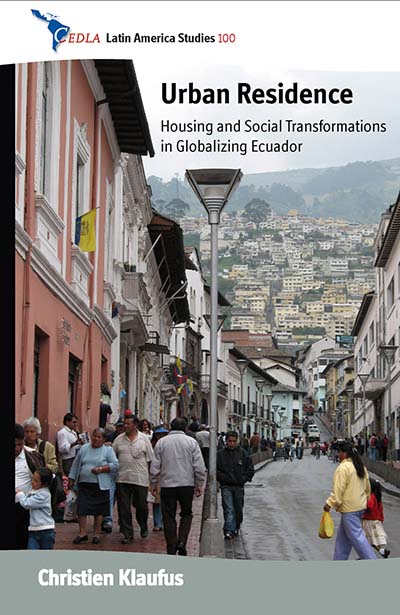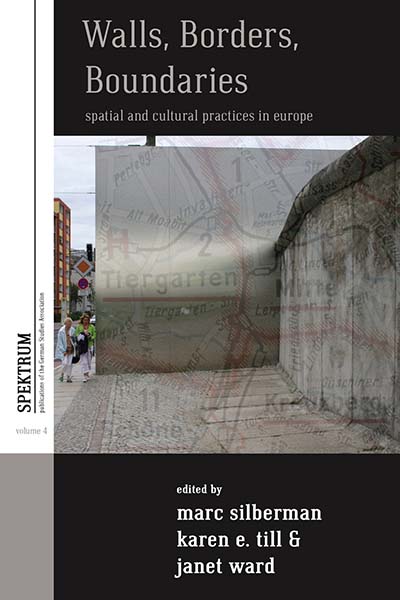
Series
Volume 105
CEDLA Latin America Studies
Email Newsletters
Sign up for our email newsletters to get customized updates on new Berghahn publications.
Housing and Belonging in Latin America
Edited by Christien Klaufus and Arij Ouweneel
344 pages, 48 illus., 7 tables, bibliog., index
ISBN 978-1-78238-740-4 $135.00/£104.00 / Hb / Published (May 2015)
eISBN 978-1-78238-741-1 eBook
Reviews
“The main contribution of this book is to offer different disciplinary approaches and methodologies that illuminate and critique the fundamental contradictions of urban housing, experience, and citizenship in Latin America….[The] introduction does an admirable job of framing the main themes.” • Hispanic American Historical Review
“…the book offers a row of good, interesting articles providing new perspectives on a series of topics related to the growth and change processes in Latin American cities…the book is definitively a must for everyone interested in recent development trends of Latin American cities and can only be warmly recommended.” • Anthropos
“I highly recommend this collection of essays; the volume offersmuch-needed insight into low-income communities that have often been portrayed as a stigma in LatinAmerican urbanism. In addition, the book represents a major contribution to the fields of anthropology, sociology, urban ethnography, human geography, architecture, and Latin American studies and the thoughtful way in which the concepts are analyzed offers a chance to rethink Latin American urbanism in a more critical way.” • Journal of Latin American and Caribbean Anthropology
Description
The intricacies of living in contemporary Latin American cities include cases of both empowerment and restriction. In Lima, residents built their own homes and formed community organizations, while in Rio de Janeiro inhabitants of the favelas needed to be “pacified” in anticipation of international sporting events. Aspirations to “get ahead in life” abound in the region, but so do multiple limitations to realizing the dream of upward mobility. This volume captures the paradoxical histories and experiences of urban life in Latin America, offering new empirical and theoretical insights to scholars.
Christien Klaufus is Assistant Professor of Human Geography at CEDLA. She is the author of Urban Residence: Housing and Social Transformations in Globalizing Ecuador (Berghahn Books 2012) and a number of scholarly articles on urbanization and cultural dynamics in Latin America.
Arij Ouweneel is an Associate Professor at CEDLA and was special Professor of Historical Anthropology of the Amerindian peoples at the Universiteit Utrecht from 1999 to 2004. His latest book is Freudian Fadeout: The Failings of Psychoanalysis in Film Criticism (McFarland 2012).




